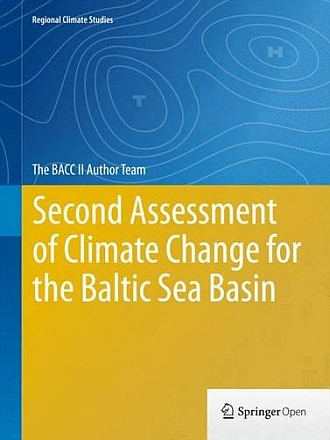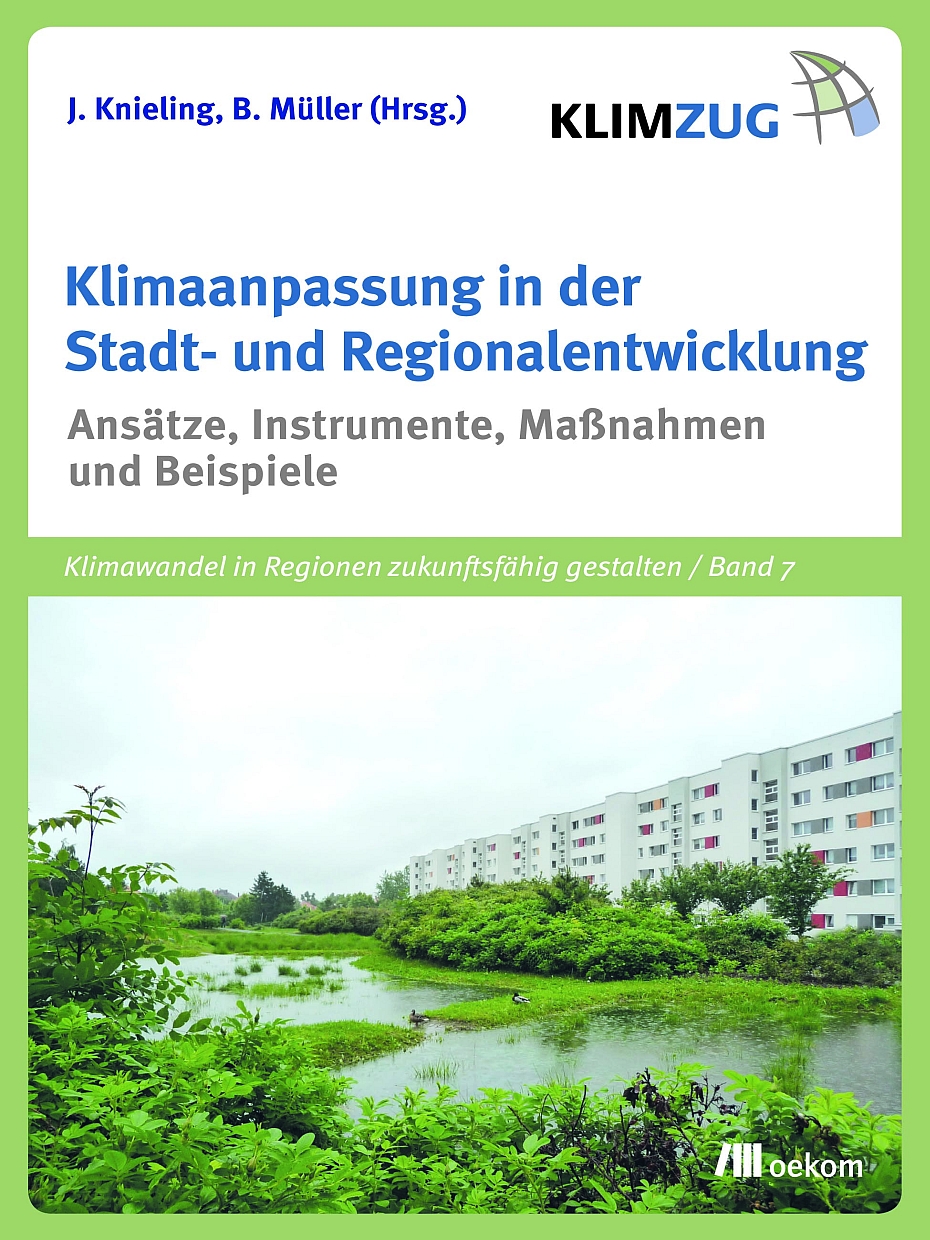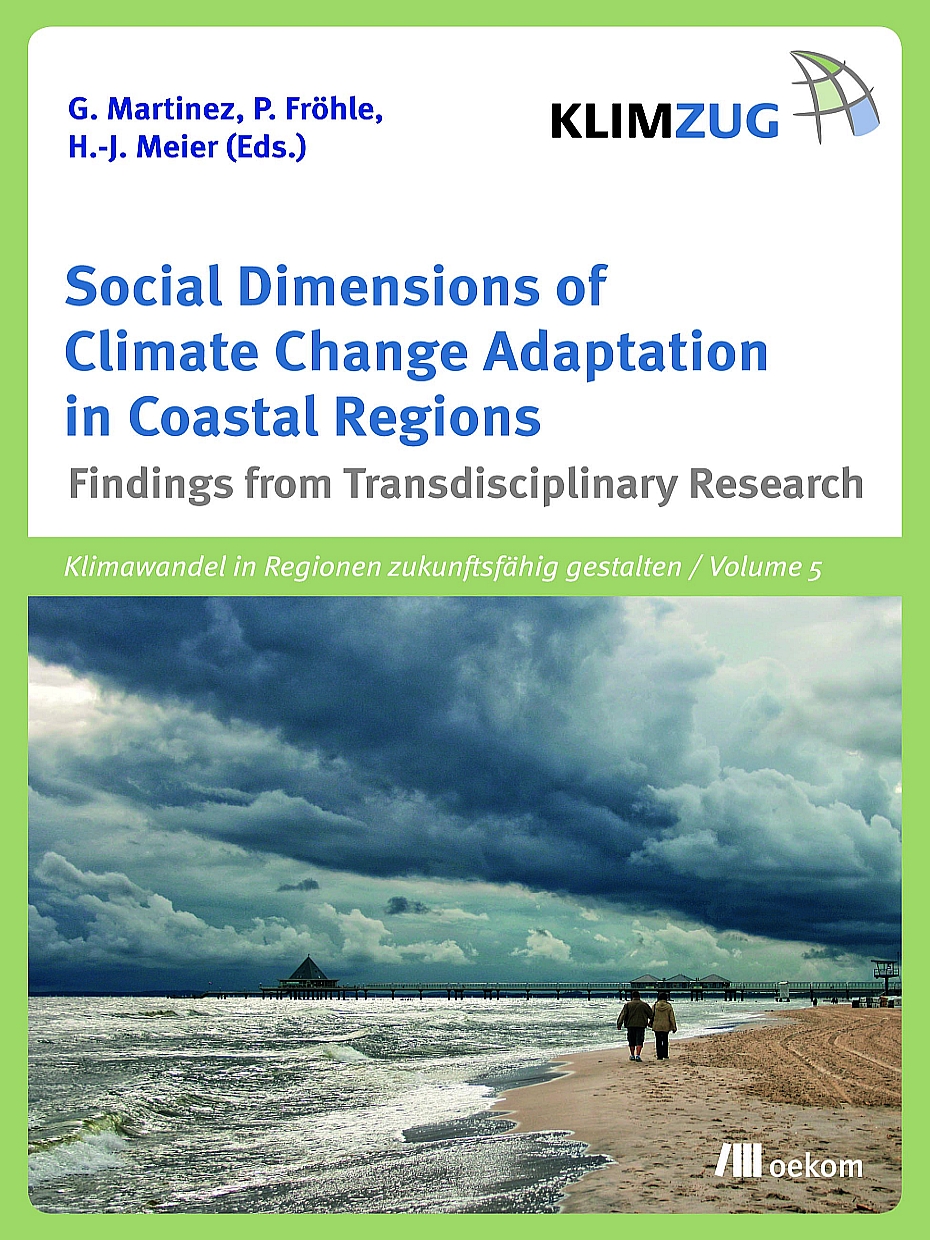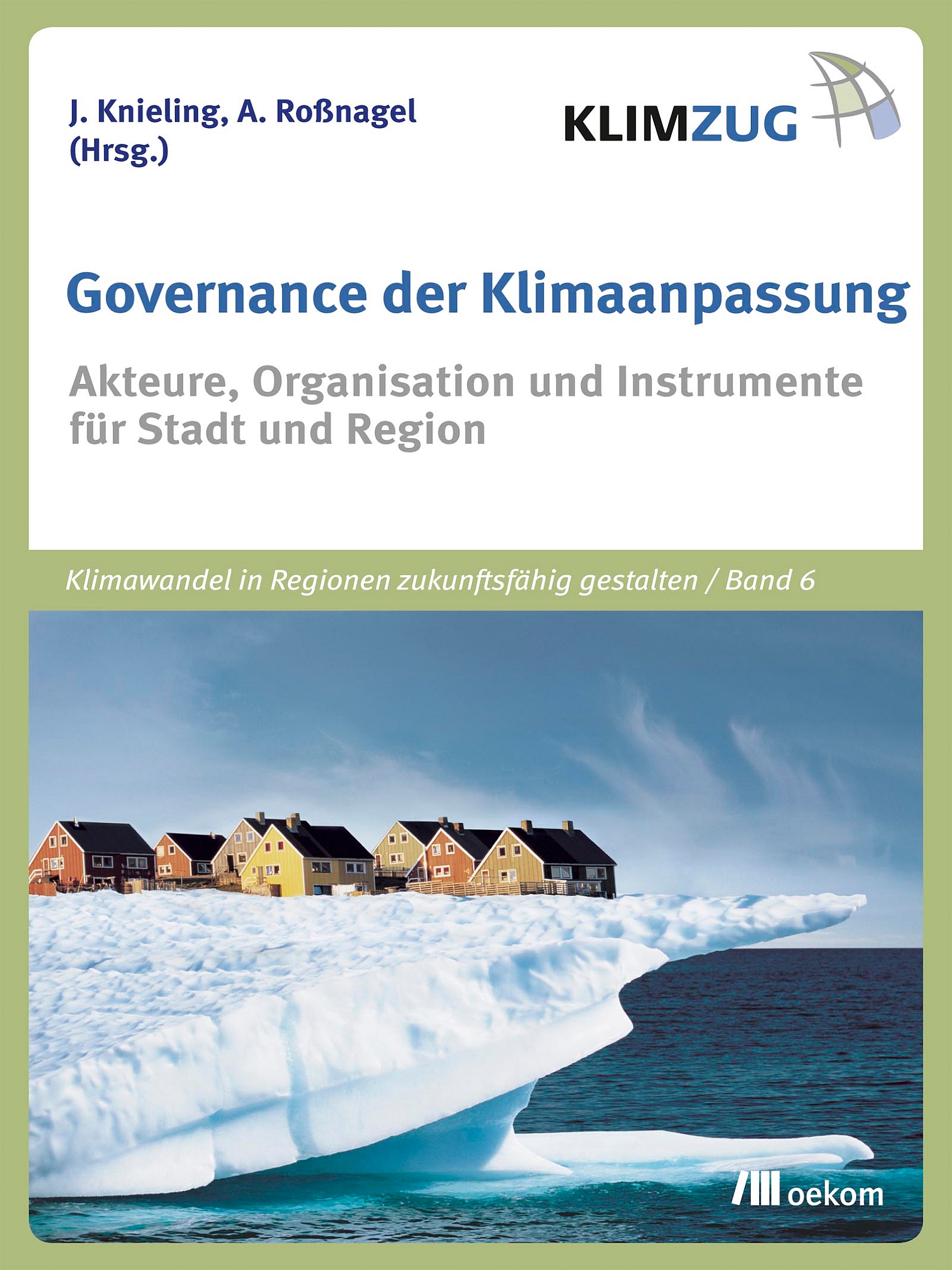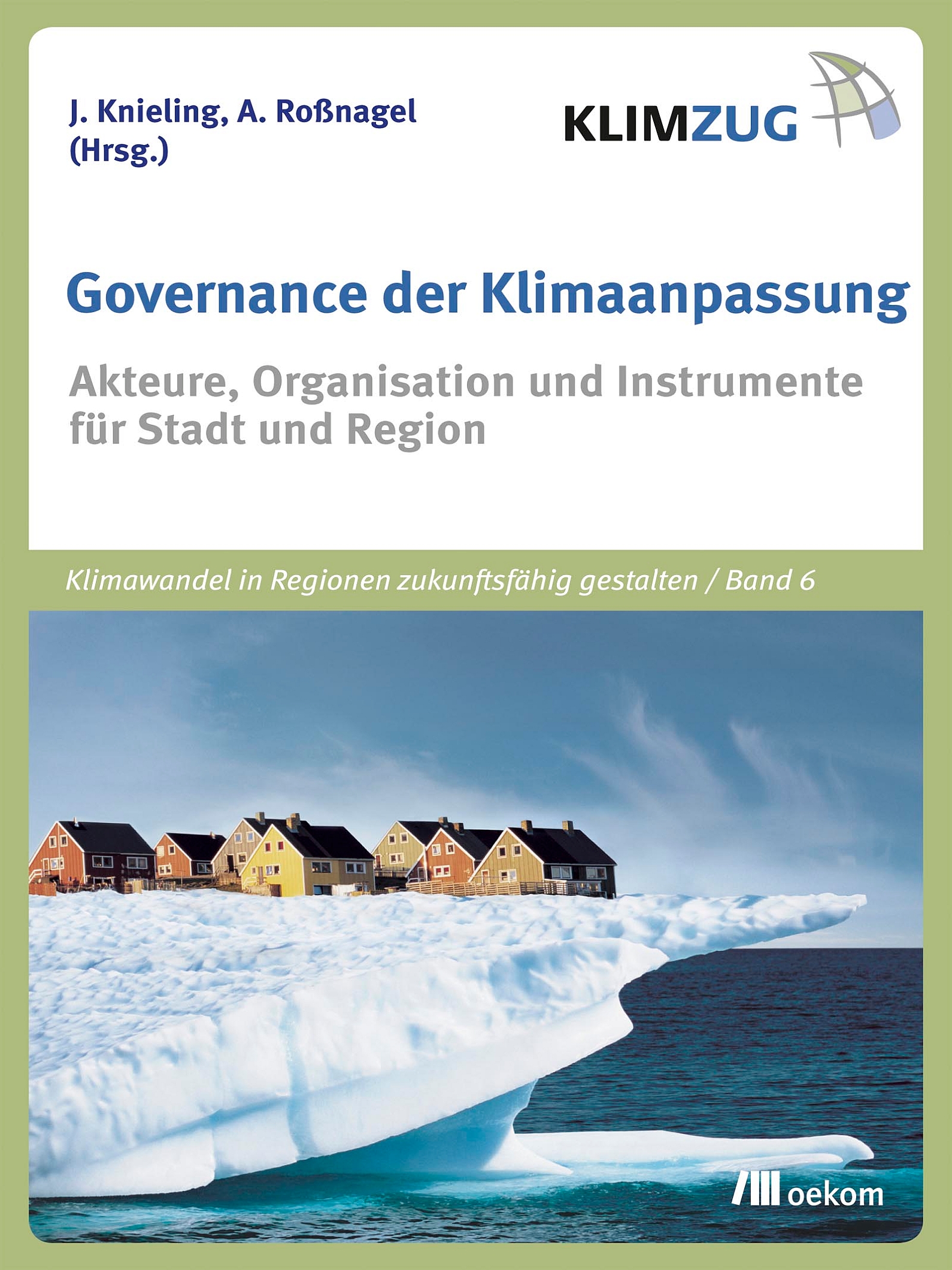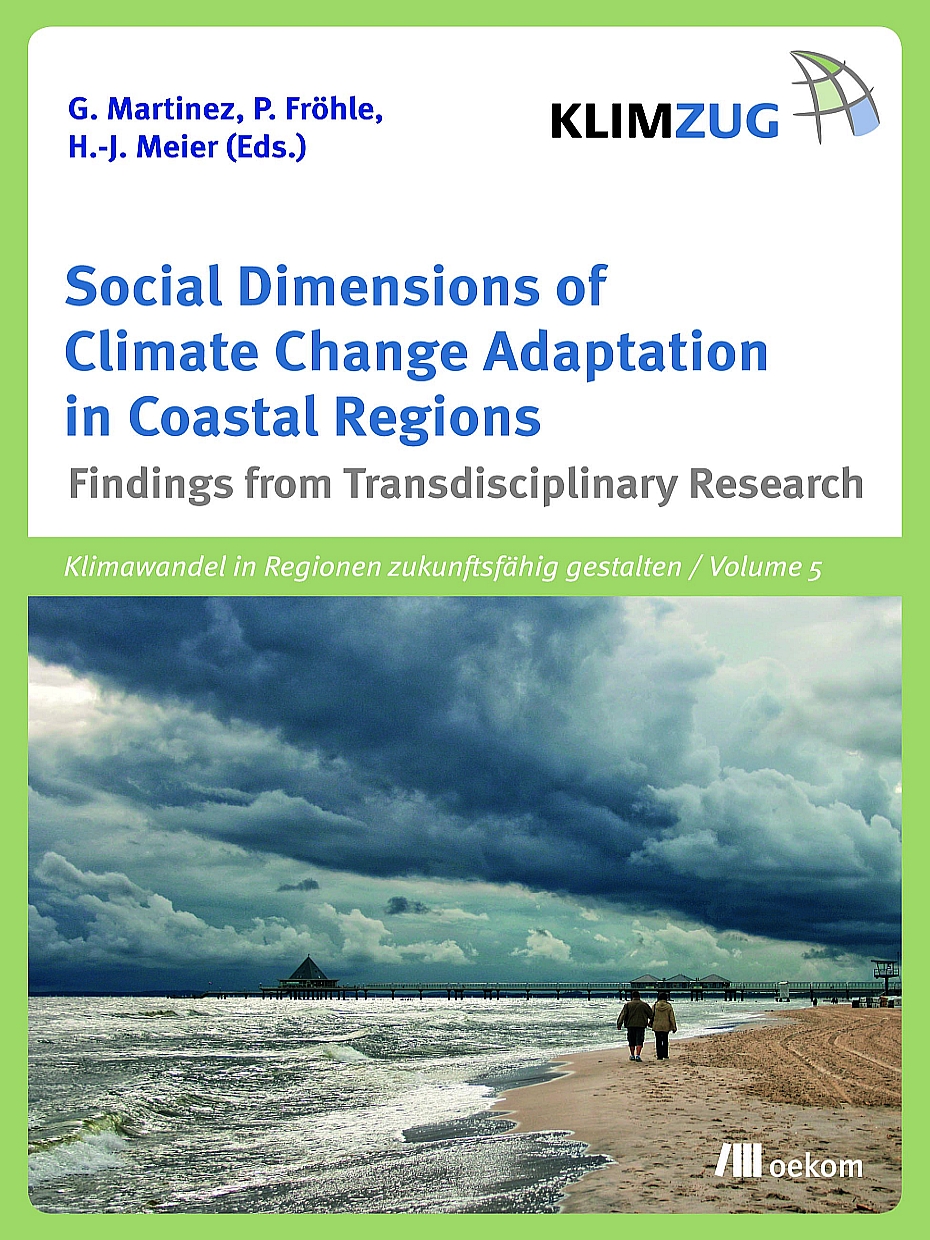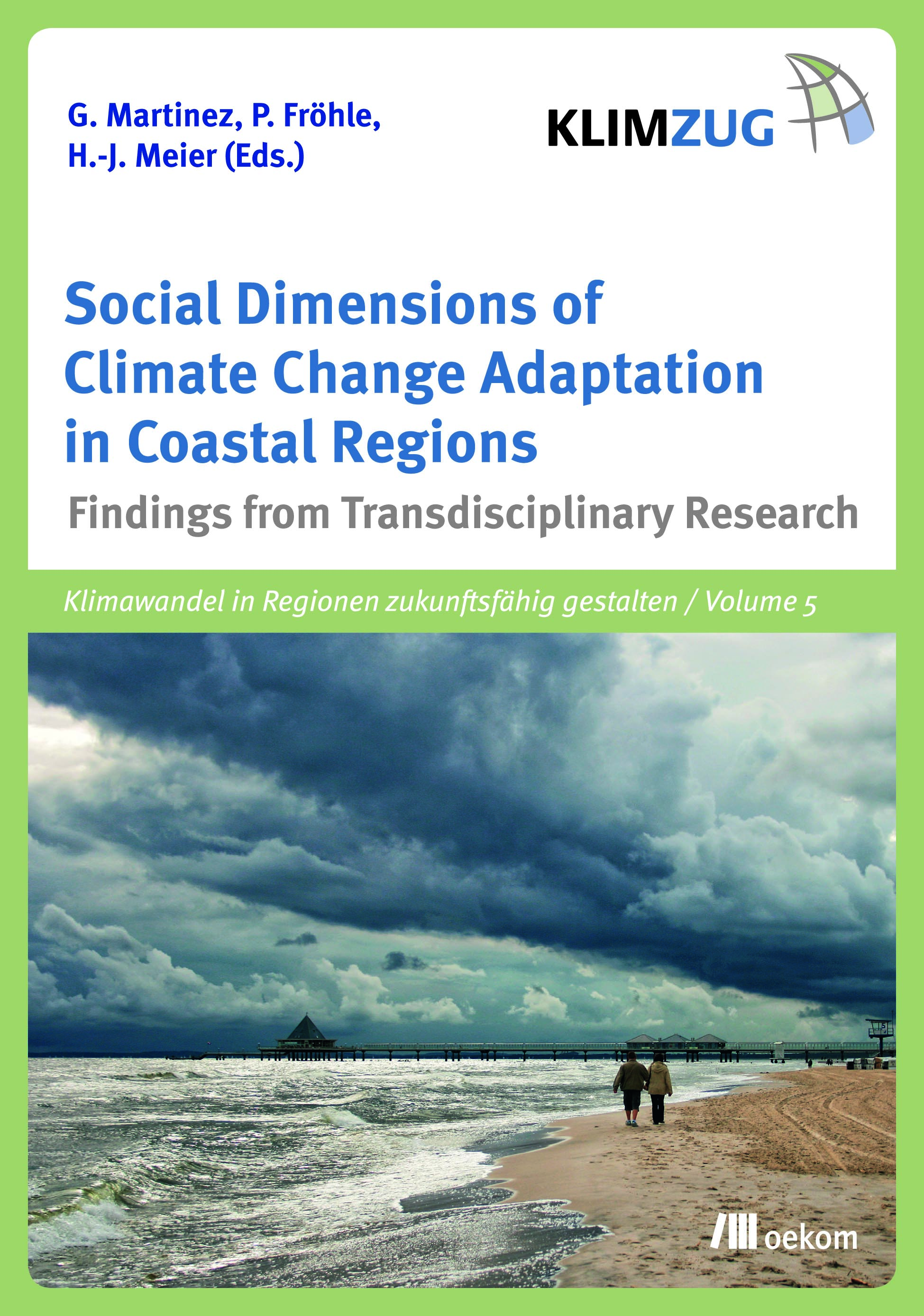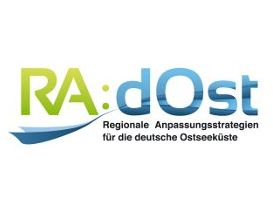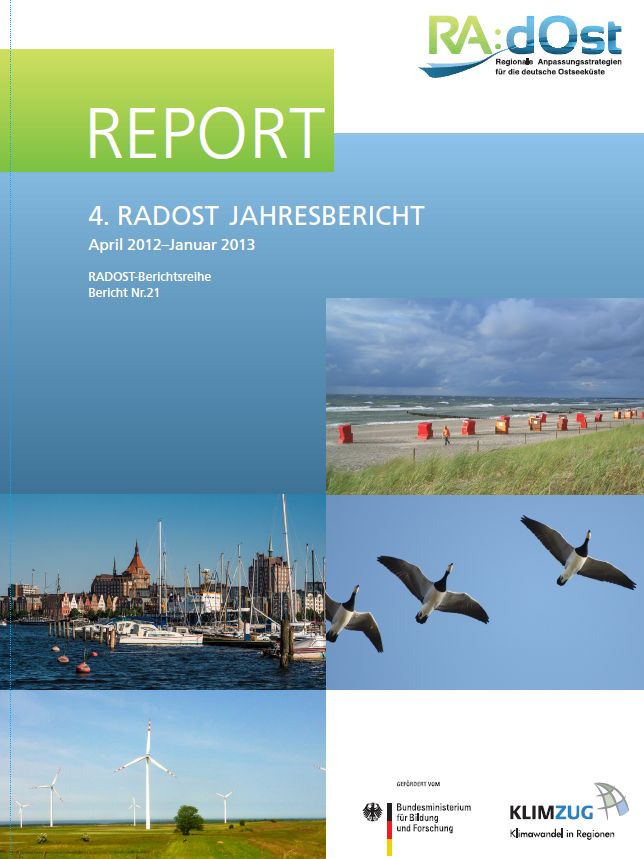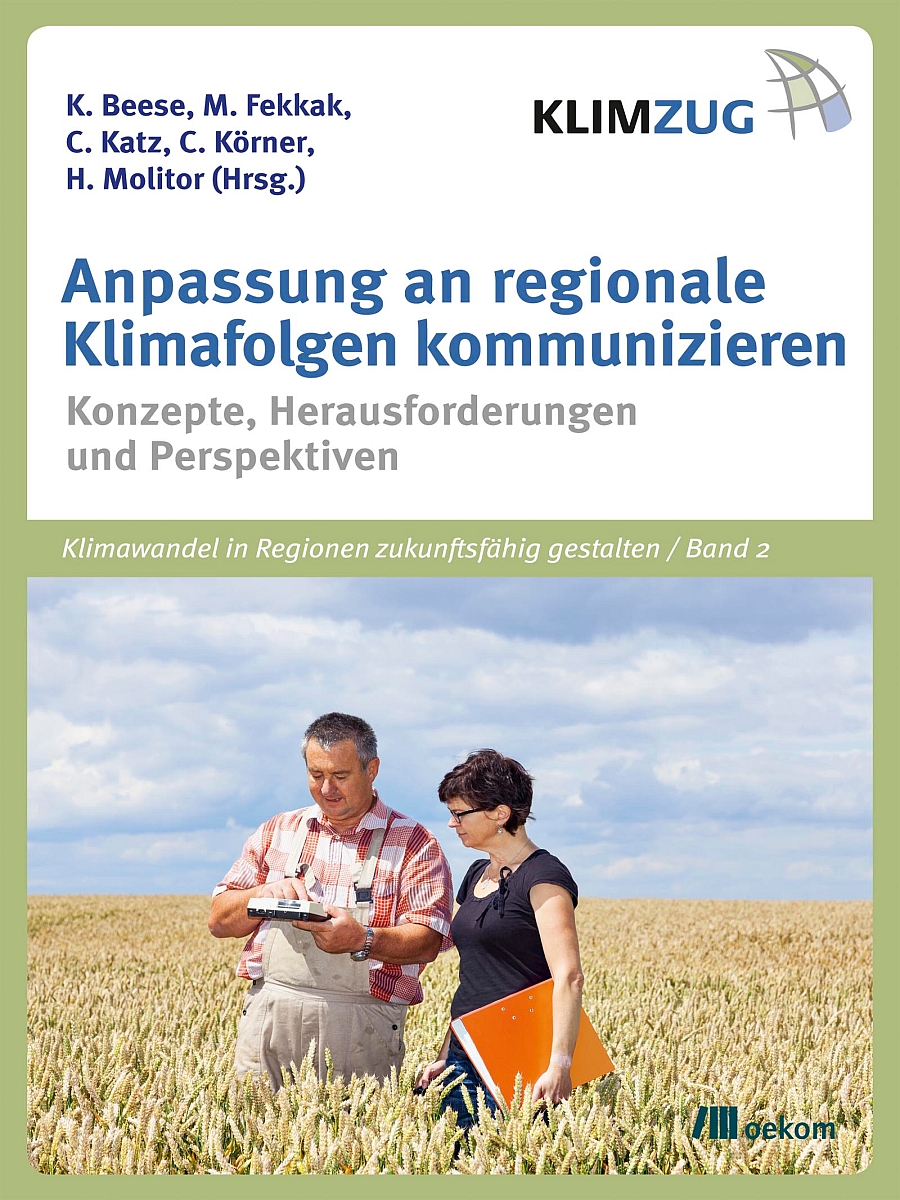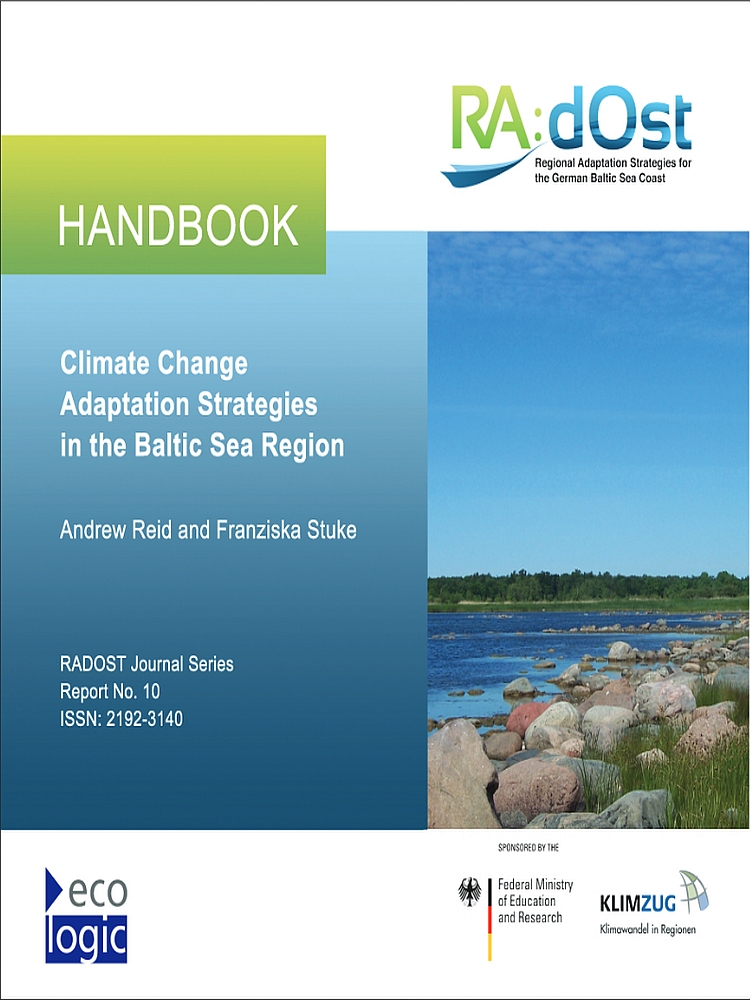The latest research results on climate change and adaptation along the German Baltic Sea Coast are presented by the RADOST project (Regional Adaptation Strategies for the German Baltic Sea Coast) in its 3rd annual report. They were developed in cooperation with partners in the project region.
In order to support the development of climate change adaptation strategies for the model region along the Baltic Sea Coast, the partners of the RADOST project communicate further relevant research results. The report covers the time period from April 2011 to March 2012 and presents the work within the RADOST modules
- "Network and Dialogue",
- "Natural and Engineering Sciences",
- "Socioeconomic Analysis",
- "National and European Political Framework/ National and International Exchange" and
- "Communication and Dissemination of Results".
Selected implementation projects are described in the presentation of the focus topics
- "Coastal Protection",
- "Tourism and Beach Management",
- "Water Management and Agriculture",
- "Ports and Maritime Economy",
- "Conservation and Land Use" and
- "Renewable Energies".
The report is available in German as free download and targets stakeholders in administrations, industry, research institutions and NGOs in Mecklenburg-Western Pomerania and Schleswig-Holstein, as well as the general public. It is the fourteenth publication within the RADOST journal series.
As lead partner, Ecologic Institute heads the project RADOST (Regional adaptation measures for the Germany Baltic Sea Coast), which is sponsored for 5 years within the research program "KLIMZUG-climate change in regions" of the German Federal Ministry of Education and Research.
- Language
-
German
- Authorship
- Published in
- RADOST-journal series, Report No. 14
- Published by
-
Ecologic Institute, Germany - Year
- Dimension
- 96 pp.
- ISSN
-
2192-3140
- Project
- Project ID
- Table of contents
-
Click to show full table of contents
Module 1: Network and Dialogue for the Development of Adaptation Strategies
- Focus topic 1: Coastal Protection
- Focus topic 2:Tourism and Beach Management
- Focus topic 3: Water Management and Agriculture
- Focus topic 4: Ports and Maritime Economy
- Focus topic 5: Conservation and Land Use
- Focus topic 6: Renewable Energies
Module 2: Natural and engineering sciences
- Management of Climate Data
- Sea Level, Sea State Statistics, Currents, and Sediment Transport
- River-Coast-Sea: Water quality and Climate Change
- Ecology and Biodiversity
Module 3: Socio-economic Analysis
Module 4: National and European Political Setting / National and International Exchange
Module 5: Communication and Dissemination of Results
- Keywords
-
climate change, adaptation, Baltic Sea coast, stakeholders’ networkGermany
Regional Adaptation Strategies for the German Baltic Sea Coast (RADOST)
- Duration
-
-
- Funding
-
Federal Ministry of Education and Research (BMBF), Germany
Conference:RADOST Final Conference
- Date
-
-
- Location
- Rostock
RADOST-Verbund (Ed.) 2014: RADOST-Abschlussbericht und 5. RADOST-Jahresbericht. RADOST-Berichtsreihe, Bericht Nr. 27. Berlin: Ecologic Institut.
RADOST consortium (Ed.) 2013: 4. RADOST Jahresbericht. RADOST-Berichtsreihe, Bericht No 21. Berlin: Ecologic Institute.
RADOST-Verbund 2011: 2. RADOST-Jahresbericht. Ecologic Institut (Hrsg.), Berlin. RADOST-Berichtsreihe, Bericht Nr. 3.
RADOST-Verbund 2011: 1. RADOST-Jahresbericht. Ecologic Institut (Hrsg.), Berlin. RADOST-Berichtsreihe, Bericht No 1.
Stelljes, Nico; Doris Knoblauch; Grit Martinez and Robin Körth 2014: "Akteursanalyse und Befragungen in RADOST: Klimaanpassung aus Sicht von Akteuren an der Ostseeküste", in: Karin Beese et al. (eds.): Anpassung an regionale Klimafolgen kommunizieren. Konzepte, Herausforderungen und Perspektiven. [KLIMZUG-Reihe: Klimawandel in Regionen zukunftsfähig gestalten. München: oekom Verlag, 167-178.
Andrew Reid, Franziska Stuke 2012: RADOST Handbook: Climate Change Adaptation Strategies in the Baltic Sea Region. [RADOST Journal Series 10]. Berlin: Ecologic Institute.
